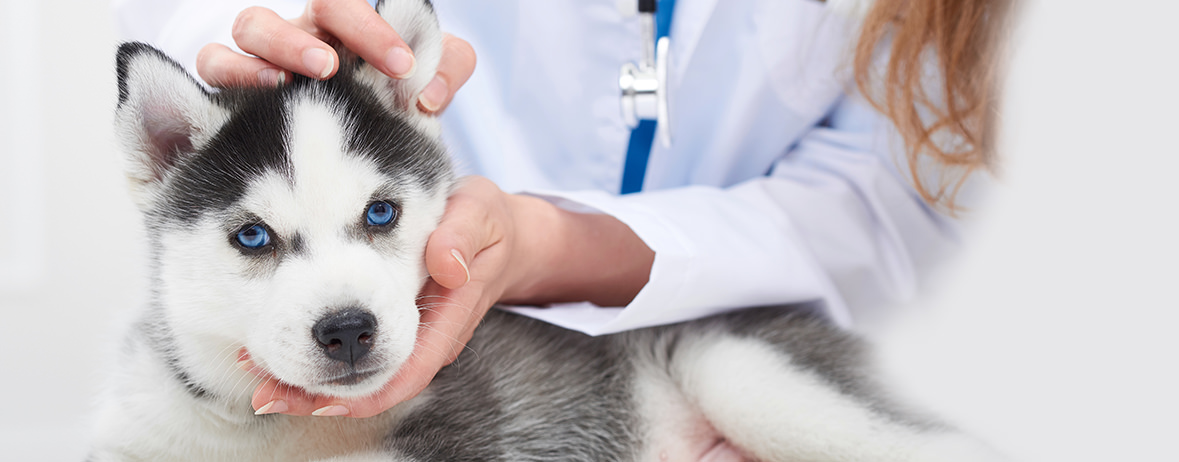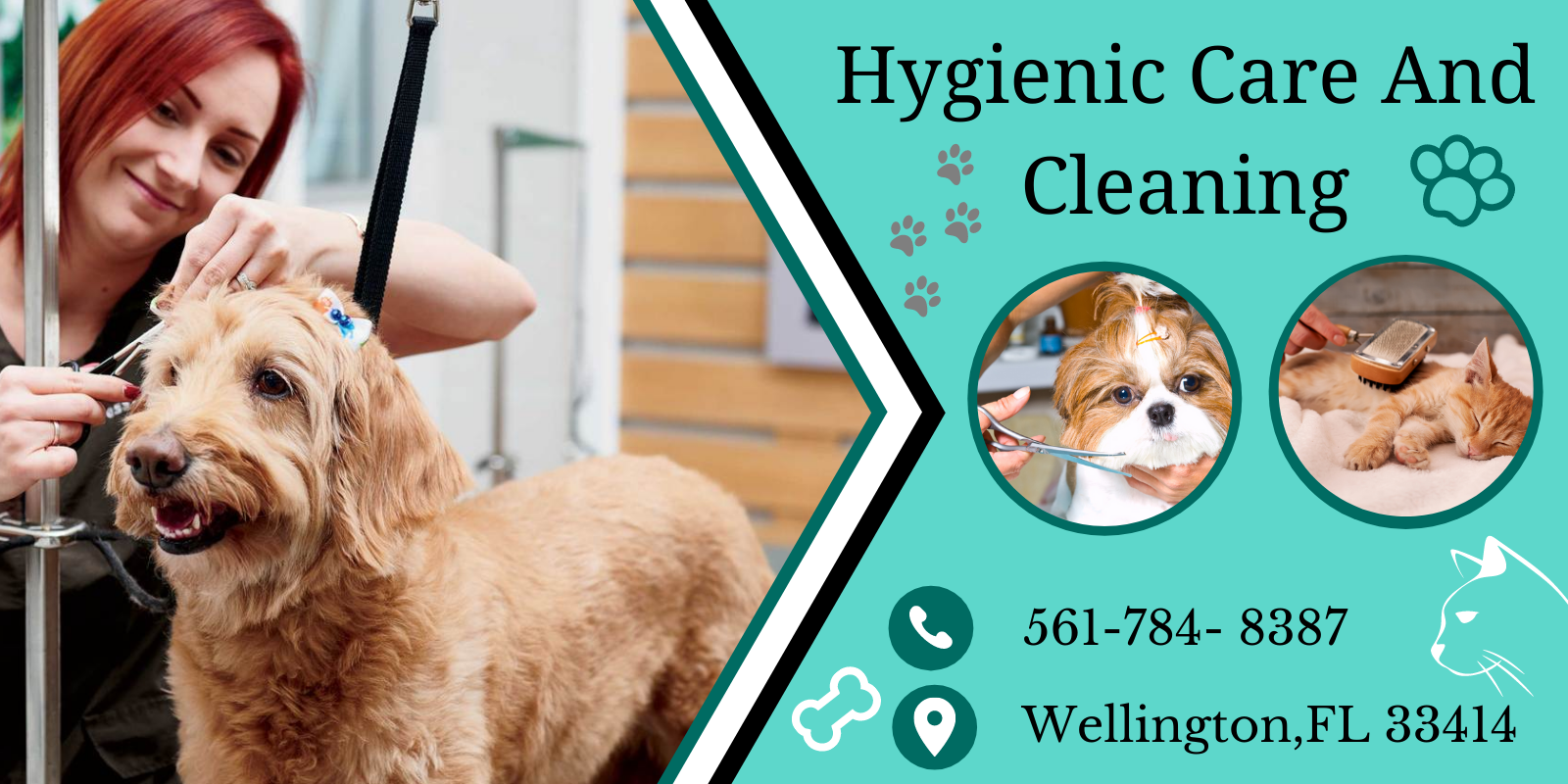Preparing for Your Pet with Veterinary Appointment
Along with clean shelters and healthy meals, consistent vet care can ensure a healthy and happy state of pets for a long time. However, most owners find it tedious to prepare their dog or cat for their first animal hospital visit. Unlike humans, such things could not be communicated verbally and they cannot even force them to do so. Since there are going to be many such visits, one must learn some basic tips for ideal preparation.
Initial preparation
There are several ways to prepare a dog for a first-time vet visit. Unless they are walking, individuals should accustom them to car rides. They could use crates or restraint harnesses for better safety. Before the actual appointment, take them out for short rides around a neighborhood. This makes most rides easier through regular practice.
Schedule for early visits
It is essential to opt for early appointments since there will be fewer delays. Additionally, arriving early gives people the time to settle in and fill out any paperwork, so they could meet veterinarians and their staff members before proceeding further.
Bring necessary documents
• If a dog or cat is adapted from shelters, then bringing in proper documents could prove as vital. To save their hassles, owners must bring in,
• Their adoption papers are authorized by shelters, along with a pet’s medical records and vaccination history.
• Individuals also need a current list of medications or supplements. Most vets even ask about their diet plans and exercise routines for better diagnosis.
• Then, prepare a set of questions ahead of time. It could consist of queries related to their medications, grooming needs, or even bowel movements.
Ensuring a positive experience
It is crucial that owners make their first visit more fun-filled and less clinical. Make sure that dogs are overwhelmed by other animals present in facilities, so always choose less-busy hours, instead of peak ones.
Always have a short leash and keep pets closer. This is essential for establishing a sense of secureness and avoid interaction with other animals who could get violent. Bring in familiar towels or blankets for creating a homey atmosphere.
Final considerations
Once routine checkups are finished, ask details about the next visit. In case of any health emergencies, vets can diagnose such signs and alert owners in advance. They could recommend any changes in their lifestyle or diet for better health and well-being.


Comments
Post a Comment